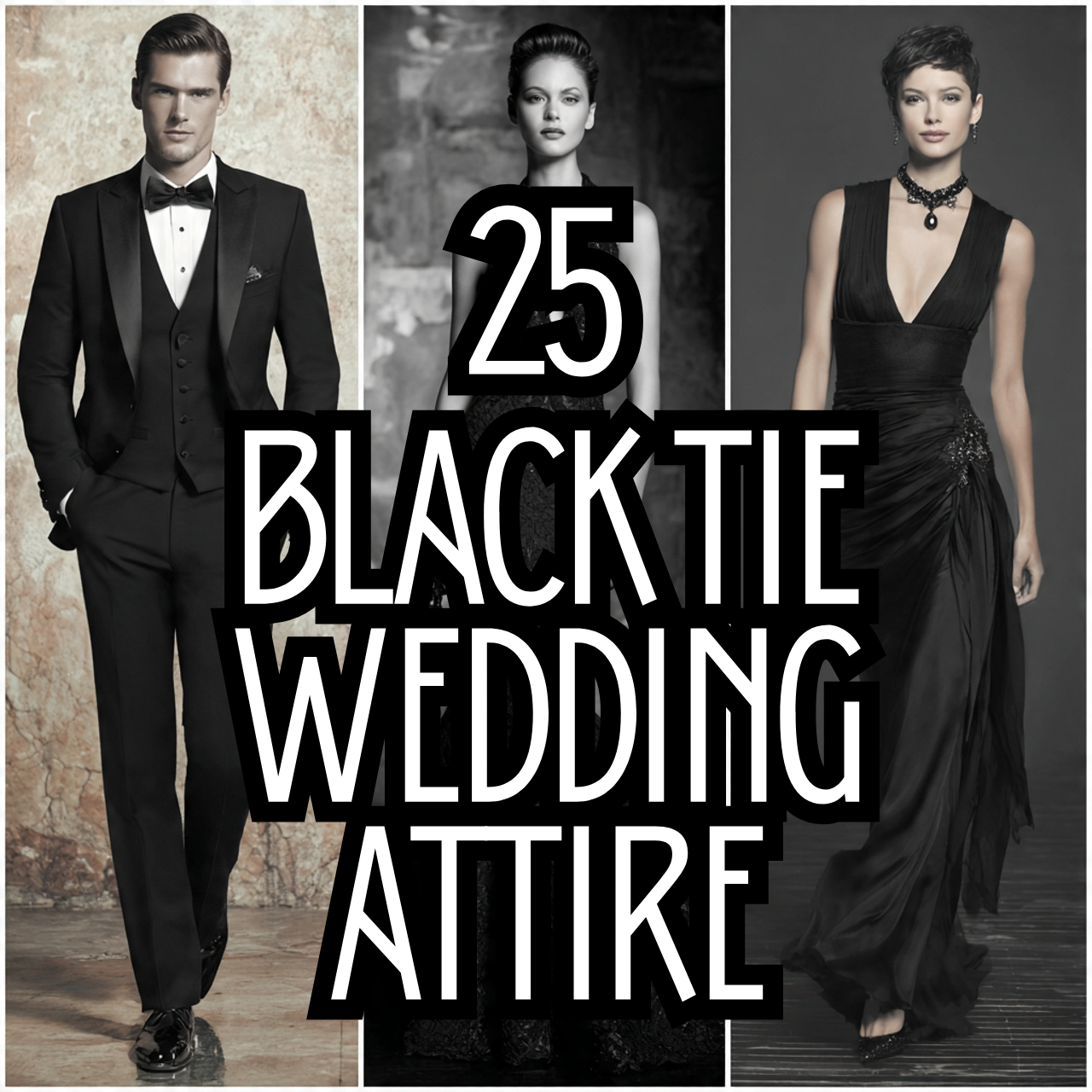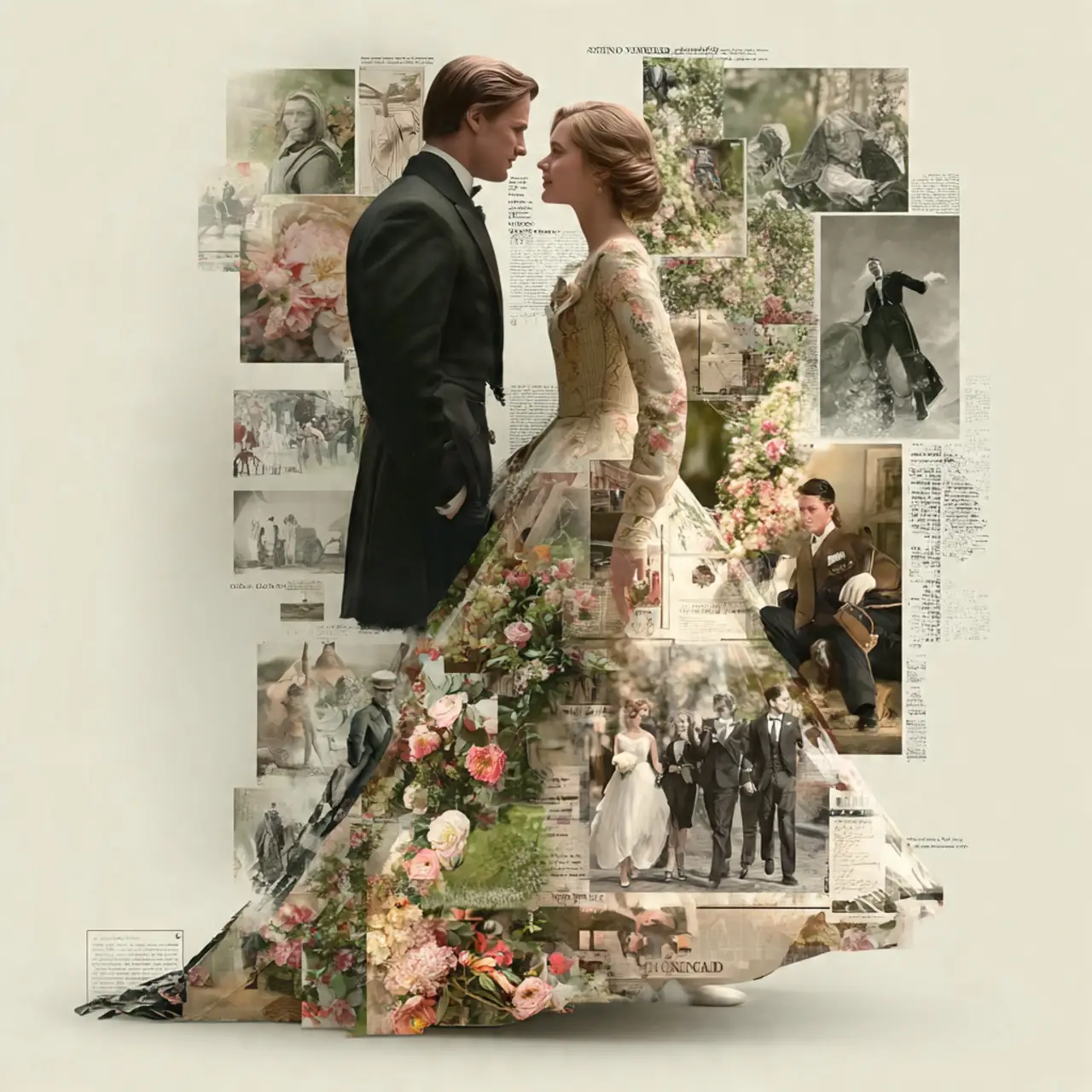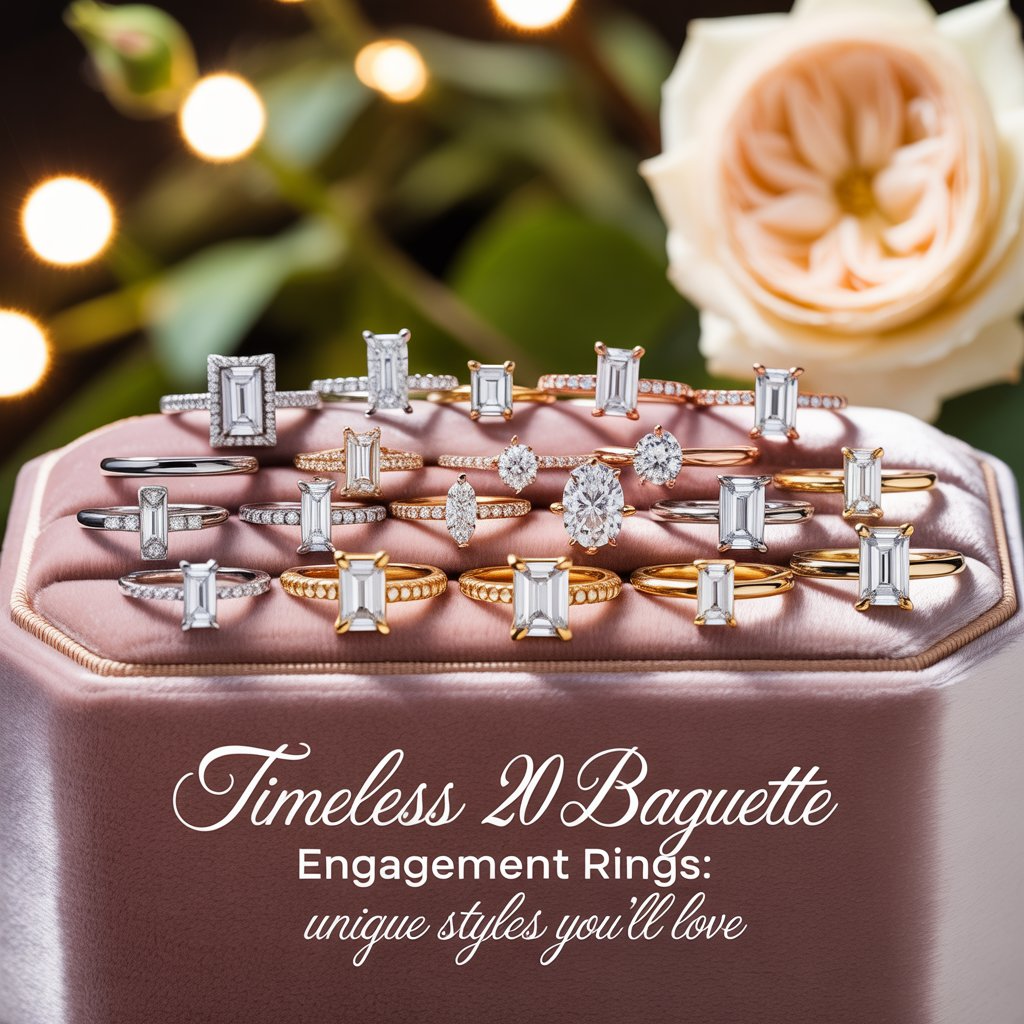26 Wedding Gift Etiquette Guide for Smart, Stress-Free Gifting
Choosing a wedding gift sounds easy until you actually have to do it. What to buy, how much to spend, when to give it, how personal to make it, and what rules matter today—these questions shape the heart of wedding gift etiquette. Modern couples marry with different priorities, different traditions, and different lifestyles, so the art of giving must adapt. This guide strips away the noise and delivers a spartan, direct, human-centered understanding of wedding gifts, supported by 26 clear ideas that honor the couple without unnecessary complication.
Understanding the Couple’s Registry
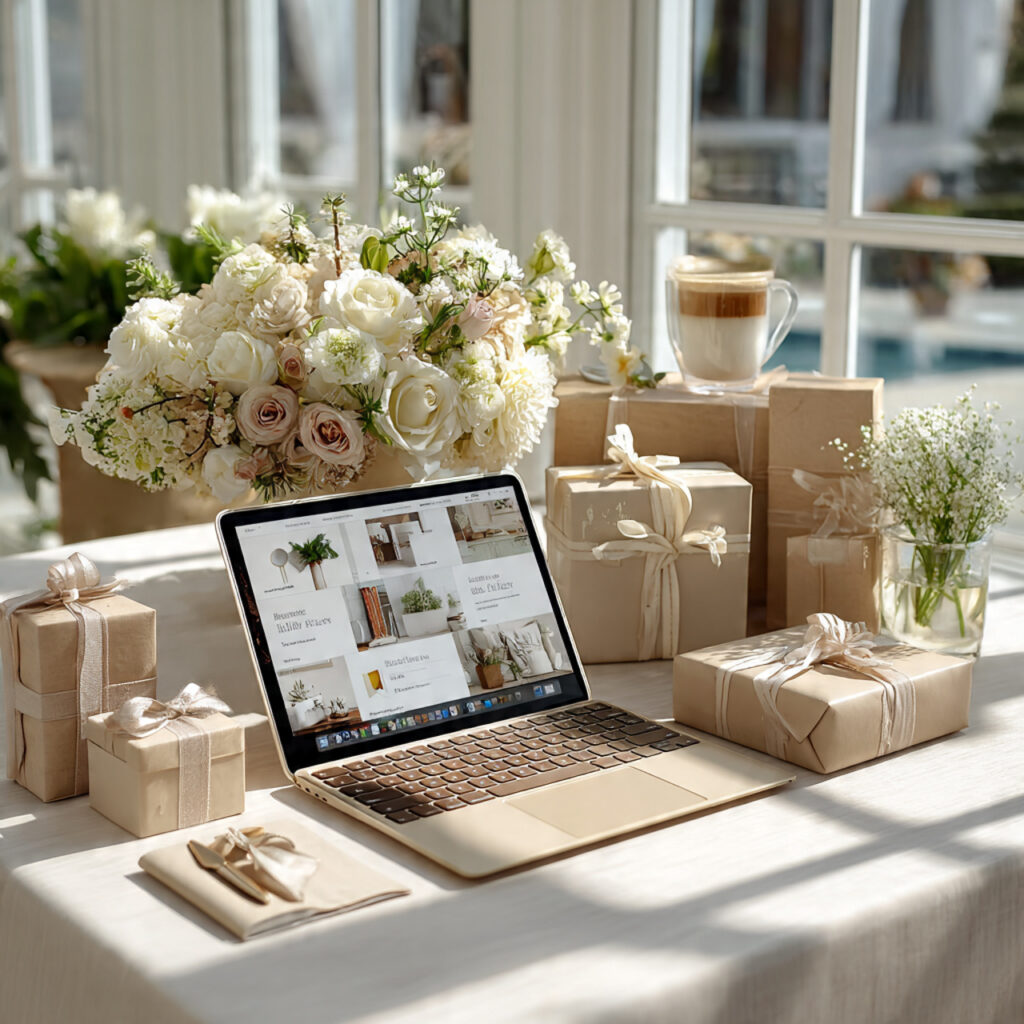
Gift registries remain the clearest pathway through modern wedding gift etiquette. They remove guesswork and help guests choose items the couple genuinely wants. When a registry exists, stick to it. Registries are not wish lists—they are agreements between the couple and their guests. Ignoring it and gifting something unrelated can burden the couple rather than support them. If the registry offers items across many price ranges, choose one that matches your comfort level without guilt
Respecting Cultural Traditions
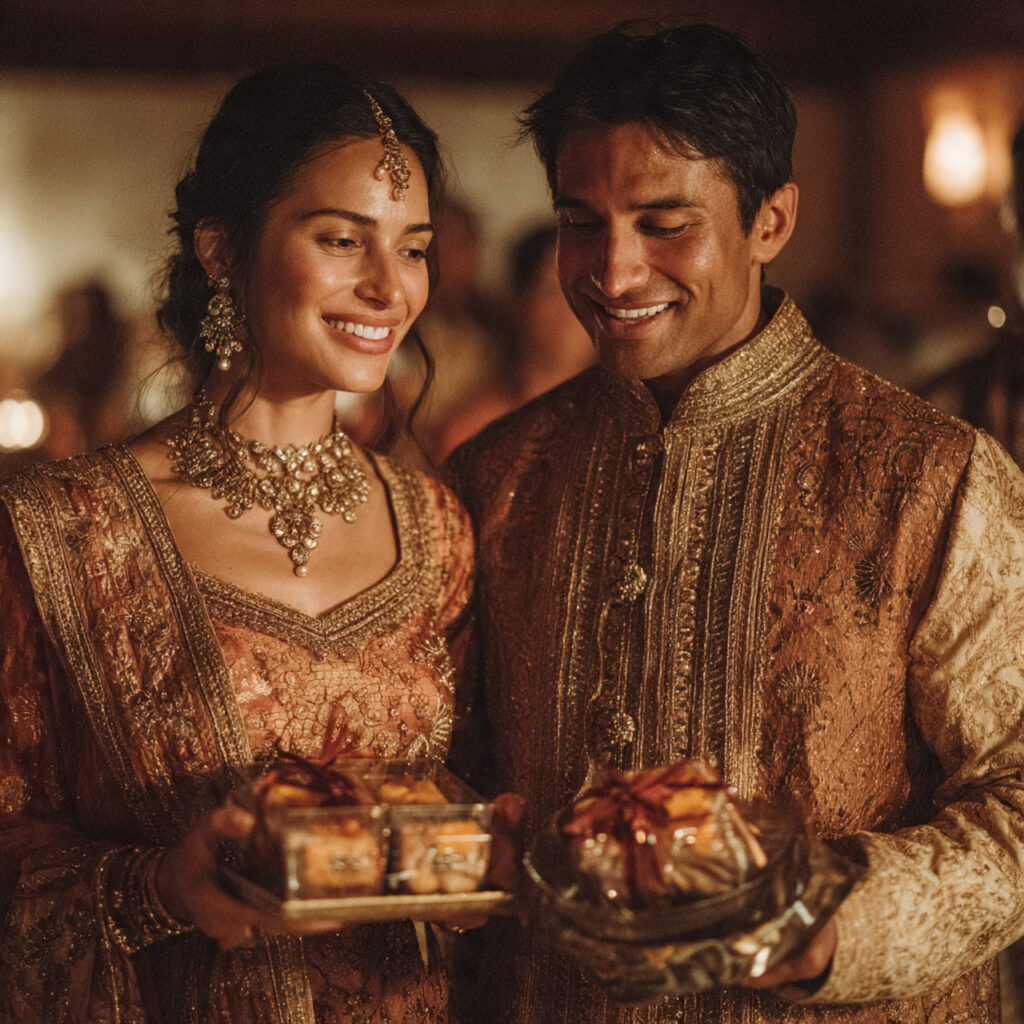
Every culture has its gifting customs, and acknowledging them shows awareness and care. Some families exchange gold. Some expect cash in envelopes. Others prefer heirloom objects or symbolic items. Wedding gift etiquette encourages guests to respect the tradition the couple values most, even if it differs from their own. When in doubt, communicate privately with close relatives or the couple themselves.
Keeping Gifts Practical
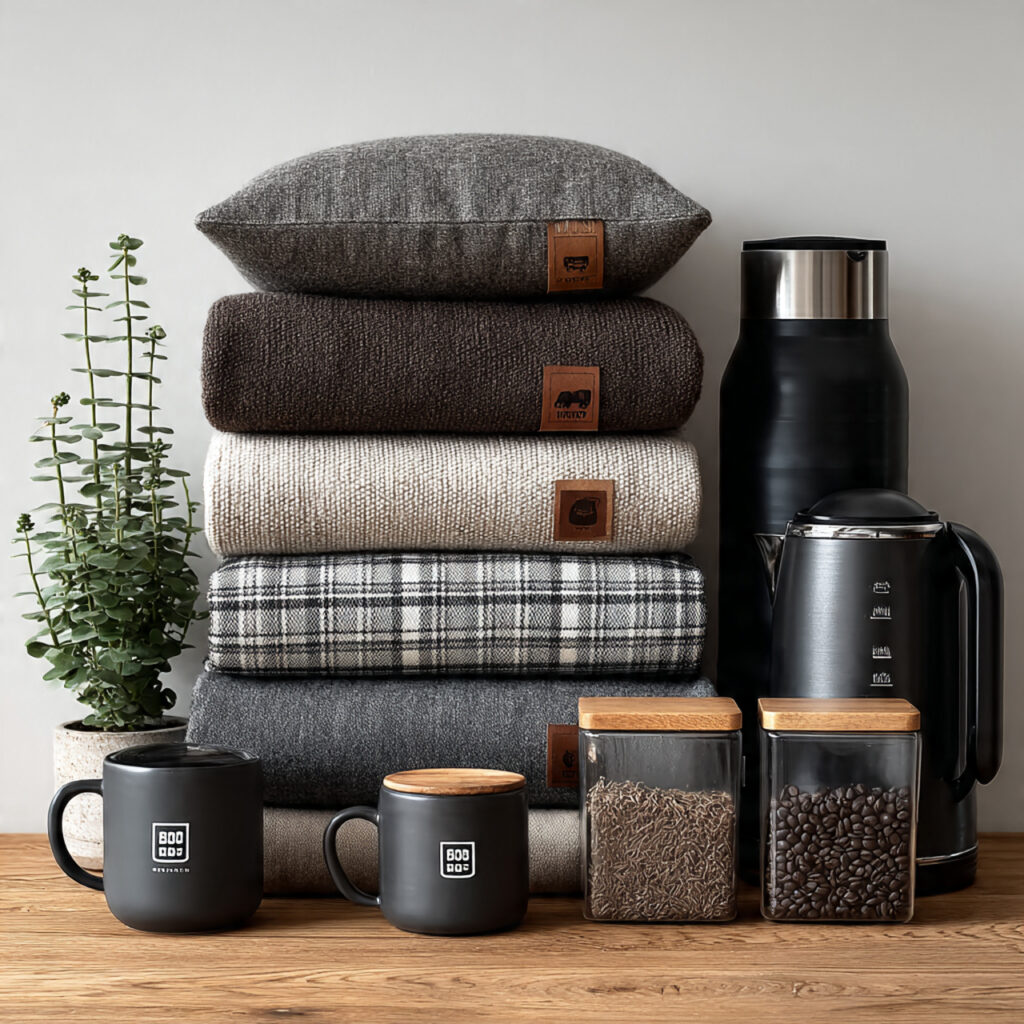
Couples today prioritize functionality. Practical items—like high-quality kitchenware, bedding, or home devicesfit squarely within modern wedding gift etiquette and reduce clutter. Think of gifts as tools to build a daily life, not decorations meant to be admired once and forgotten.
Honouring Cash Gifts as Acceptable
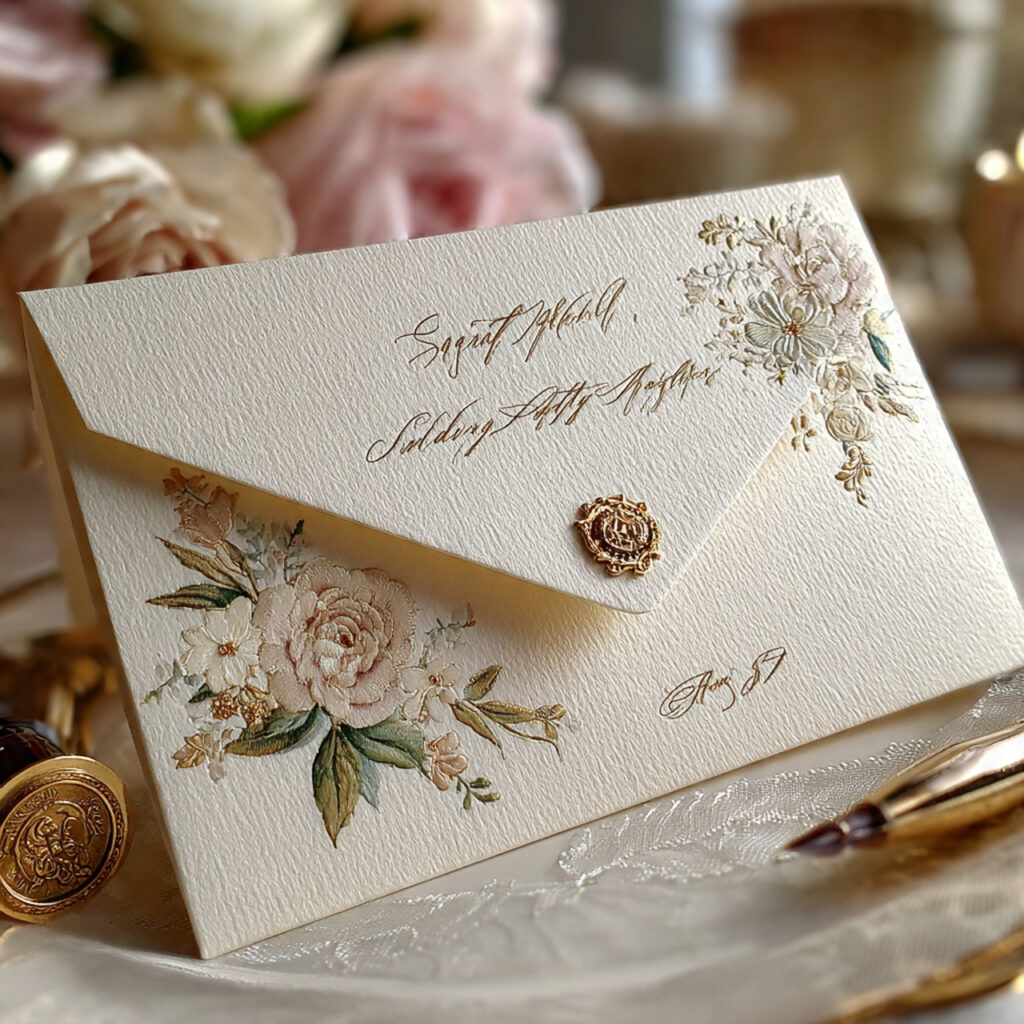
Cash gifts were once awkward. Today they are standard. Wedding gift etiquette accepts cash as thoughtful, useful, and respectful of the couple’s autonomy. When gifting cash, present it in a sealed envelope with a handwritten message, or send it digitally through a link the couple provides.
Giving Group Gifts

Some registry items are intentionally expensive. Wedding gift etiquette supports group gifting, where multiple people contribute to one large item instead of buying smaller objects. It allows close friends or coworkers to offer something meaningful without stretching individual budgets.
Supporting Experience-Based
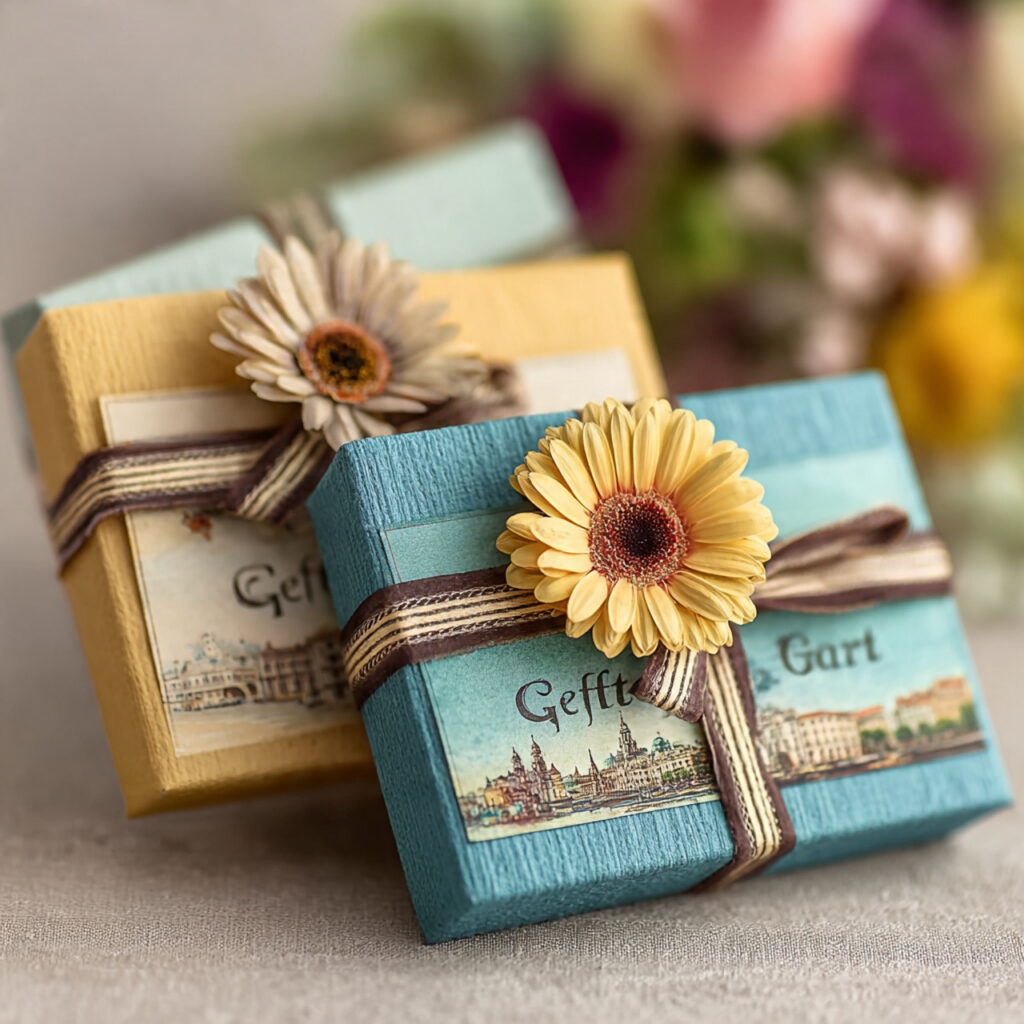
Experience gifts—travel vouchers, hotel stays, cooking classes, or spa certificates—align with couples who value memories over materials. Wedding gift etiquette approves these when they are practical and easy to use. Always provide clear instructions, expiration details, and direct contacts so the couple won’t face complications later.
Timing the Delivery Right
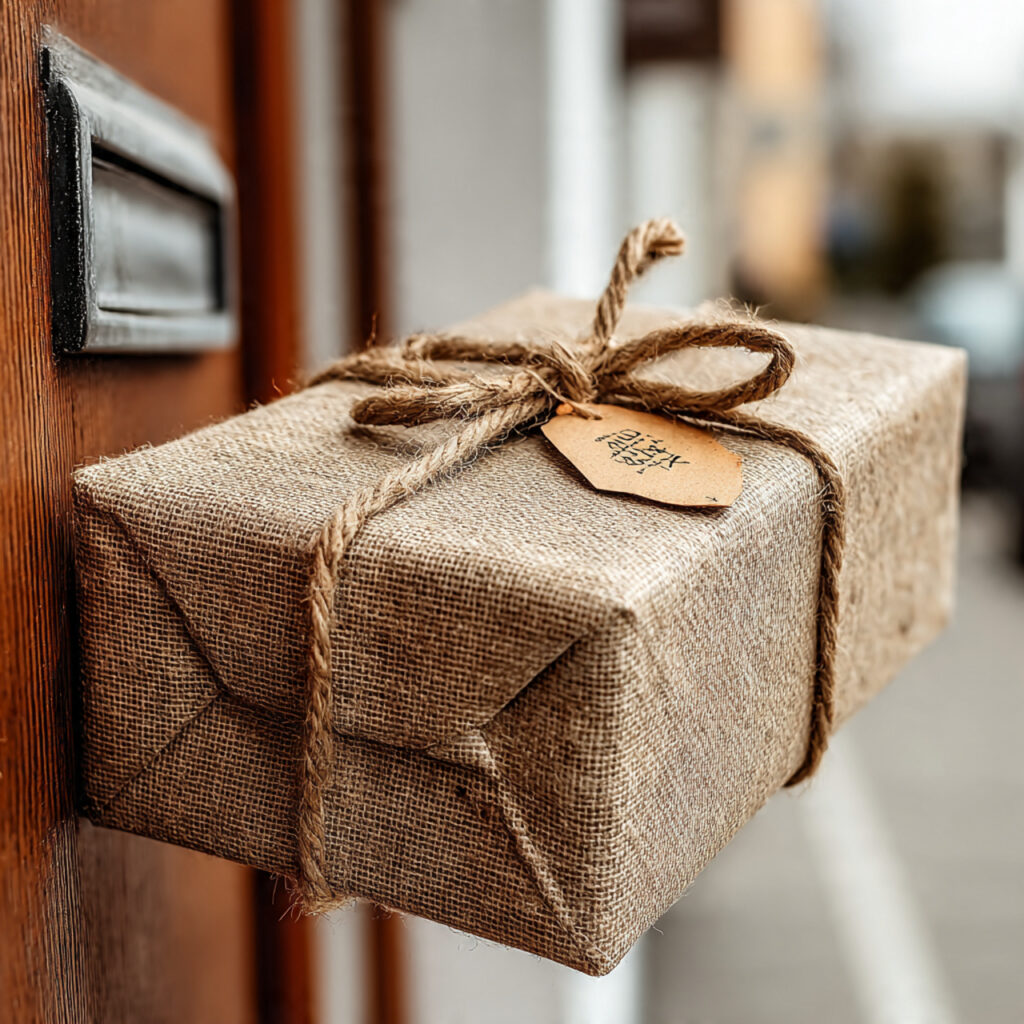
Gifts do not need to be brought to the wedding. Wedding gift etiquette encourages guests to send presents before or shortly after the ceremony, usually within 60 days. Shipping directly to the couple prevents them from managing piles of boxes during an emotional celebration.
Matching Your Budget
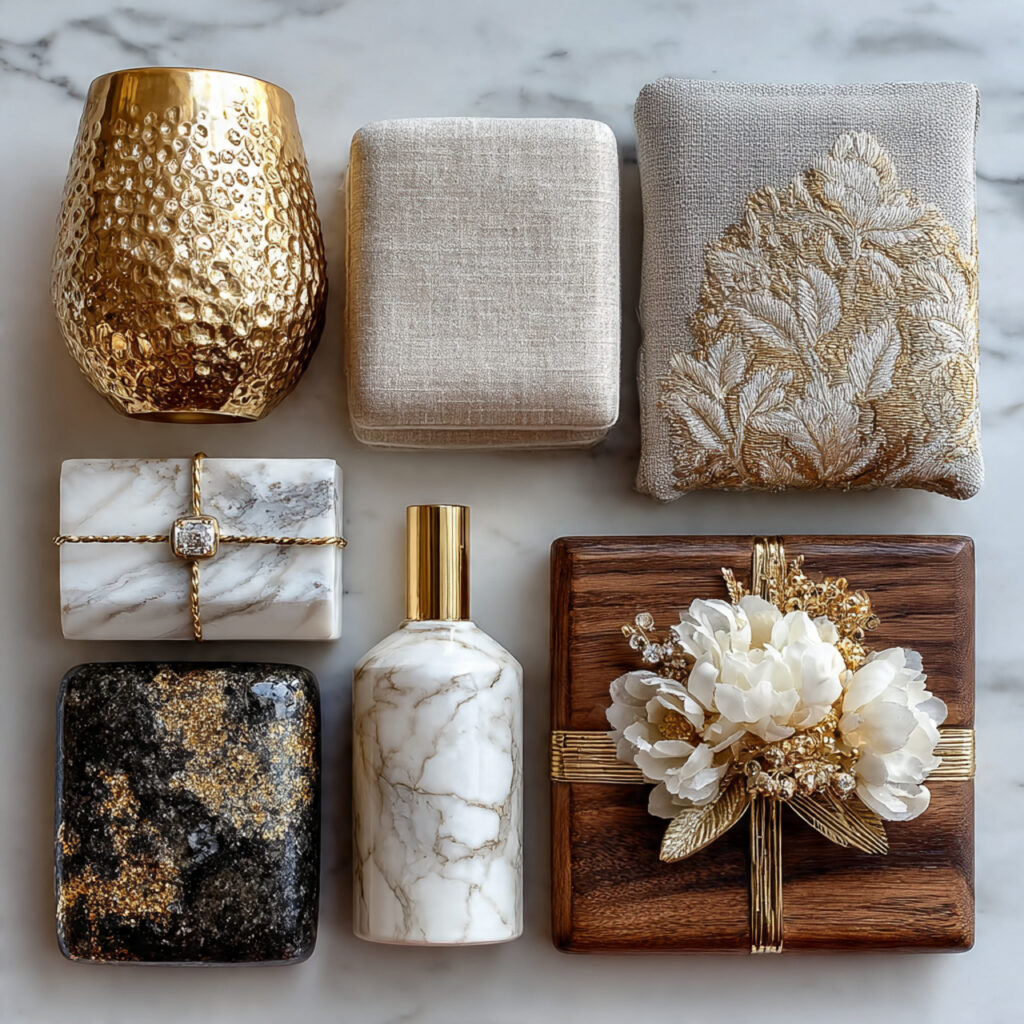
There is no universal price. Wedding gift etiquette focuses on sincerity, not cost. Give what feels comfortable based on your relationship with the couple and your financial reality. Overspending to impress others undermines the spirit of gifting entirely.
Choosing Personalized Items
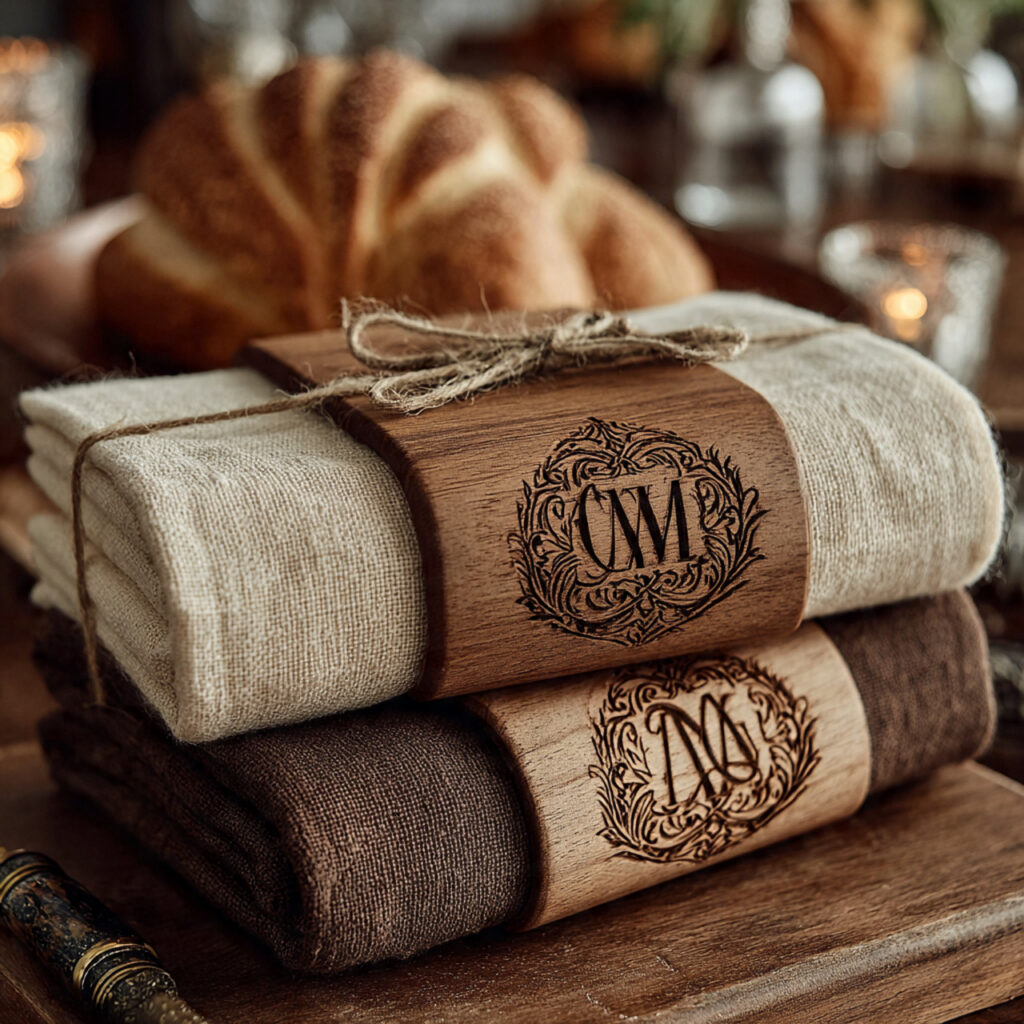
Personalized gifts—custom art, engraved objects, initials on textiles work best when the couple appreciates sentimental objects. Wedding gift etiquette encourages personalization only when you know the couple’s taste. Otherwise, stick to timeless designs and neutral styles.
Giving Handmade Gifts

A handmade gift can be beautiful if thoughtfully crafted and intentionally chosen. Wedding gift etiquette suggests handmade gifts only when the item has genuine usefulness or emotional meaning. Avoid giving handmade items only to save money; the couple will sense the intention immediately.
Handling Destination Wedding Gifts

Guests already bear travel expenses for destination weddings. Wedding gift etiquette softens expectations around gifting in such cases. If travel drains your budget, a modest gift or heartfelt message is enough. Couples hosting destination weddings typically understand.
Respecting No-Gift Requests
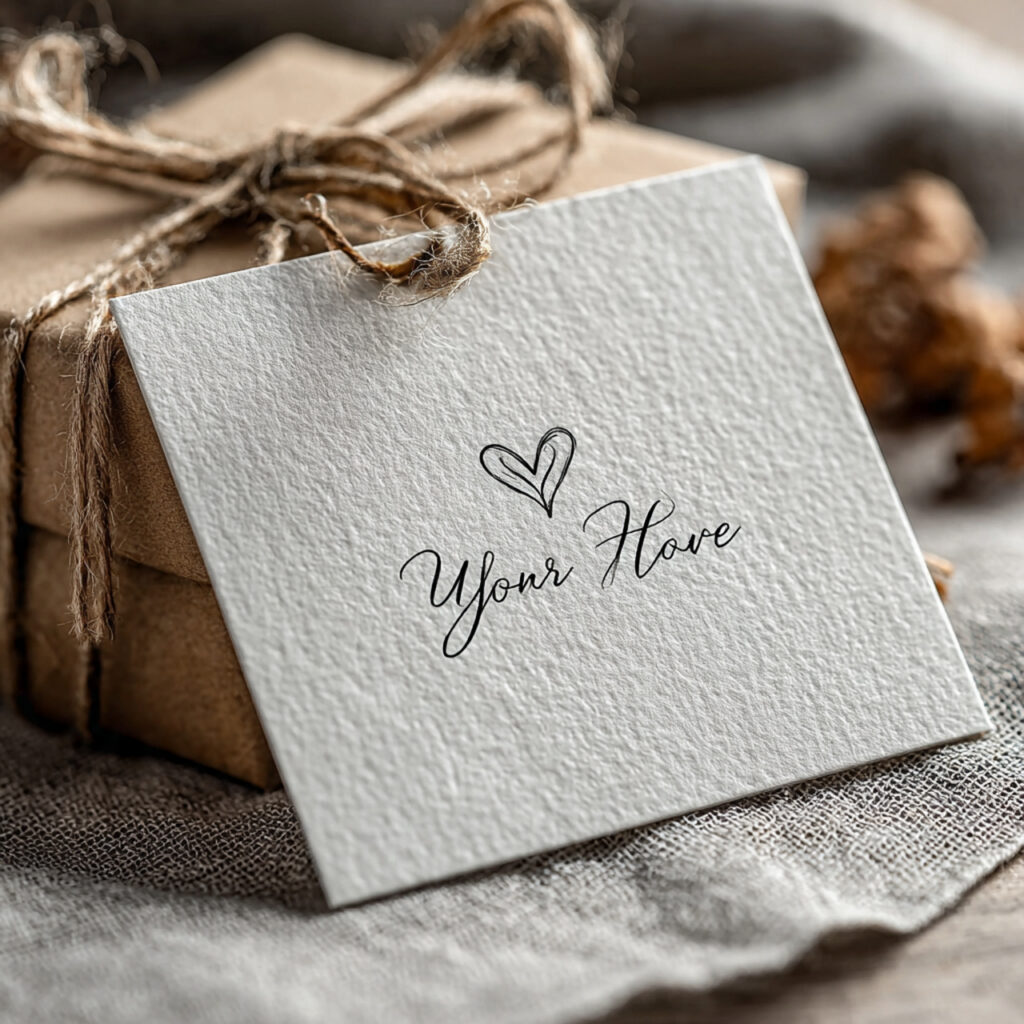
Some couples ask for no gifts. Honor it. Wedding gift etiquette encourages respecting this boundary fully. If you still want to express support, write a sincere letter or contribute in non-material ways, like offering help during the event.
Adding Greeting Cards
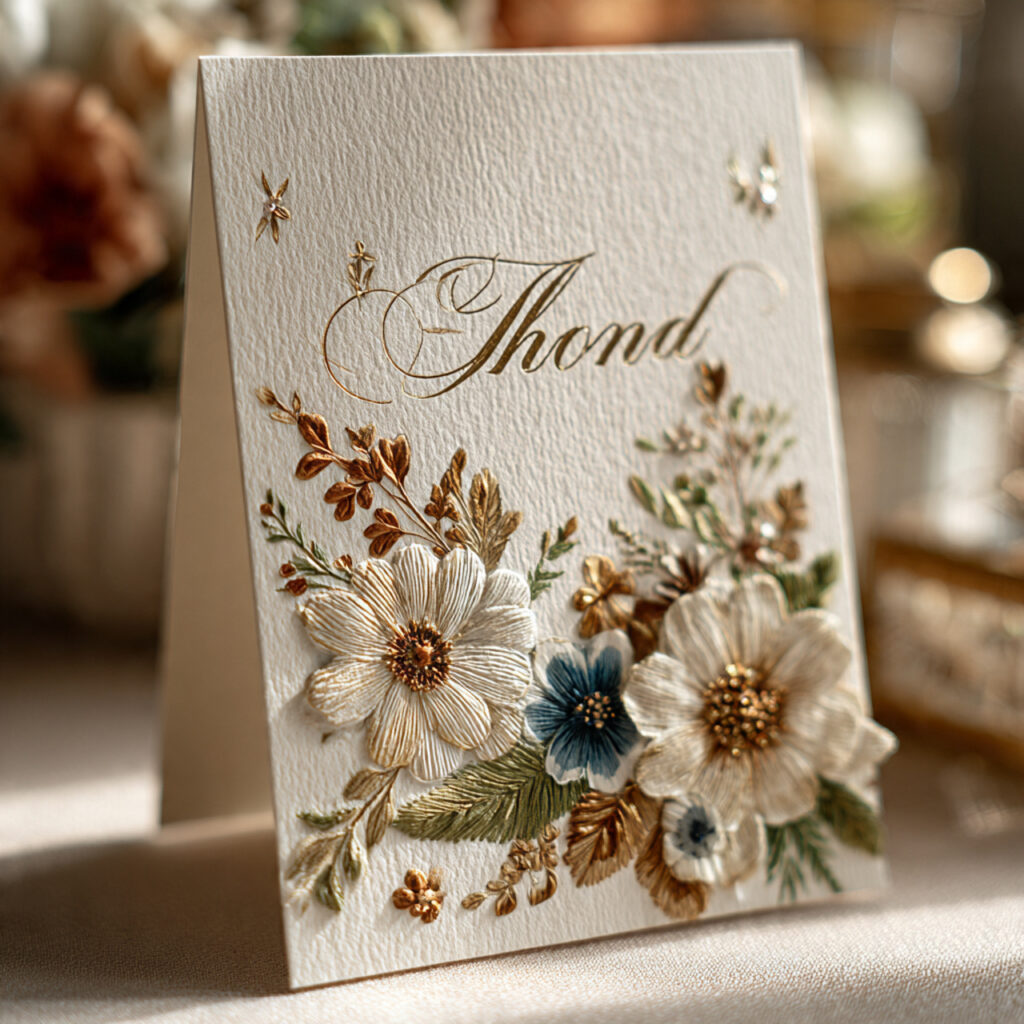
A card carries emotional weight that lasts longer than many gifts. Wedding gift etiquette highlights the message inside as an essential part of the offering. Be sincere, specific, and personal. Mention a moment you shared with the couple or hopes for their future.
Understanding Digital Registries
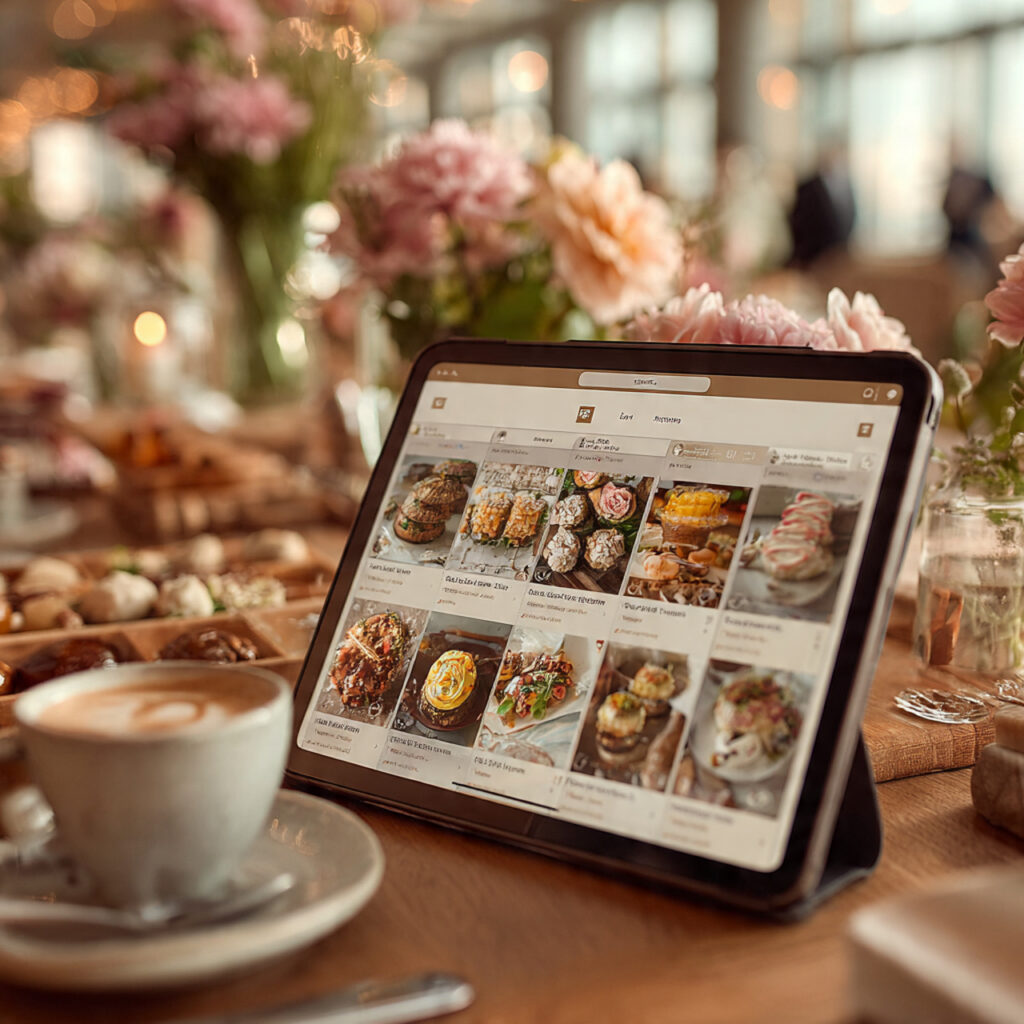
Digital registries now include subscriptions, funds, or virtual gift cards. Wedding gift etiquette accepts these modern options fully. They remove shipping hassles and provide the couple the flexibility to choose what fits their life after the wedding.
Giving Gifts When You Cannot Attend
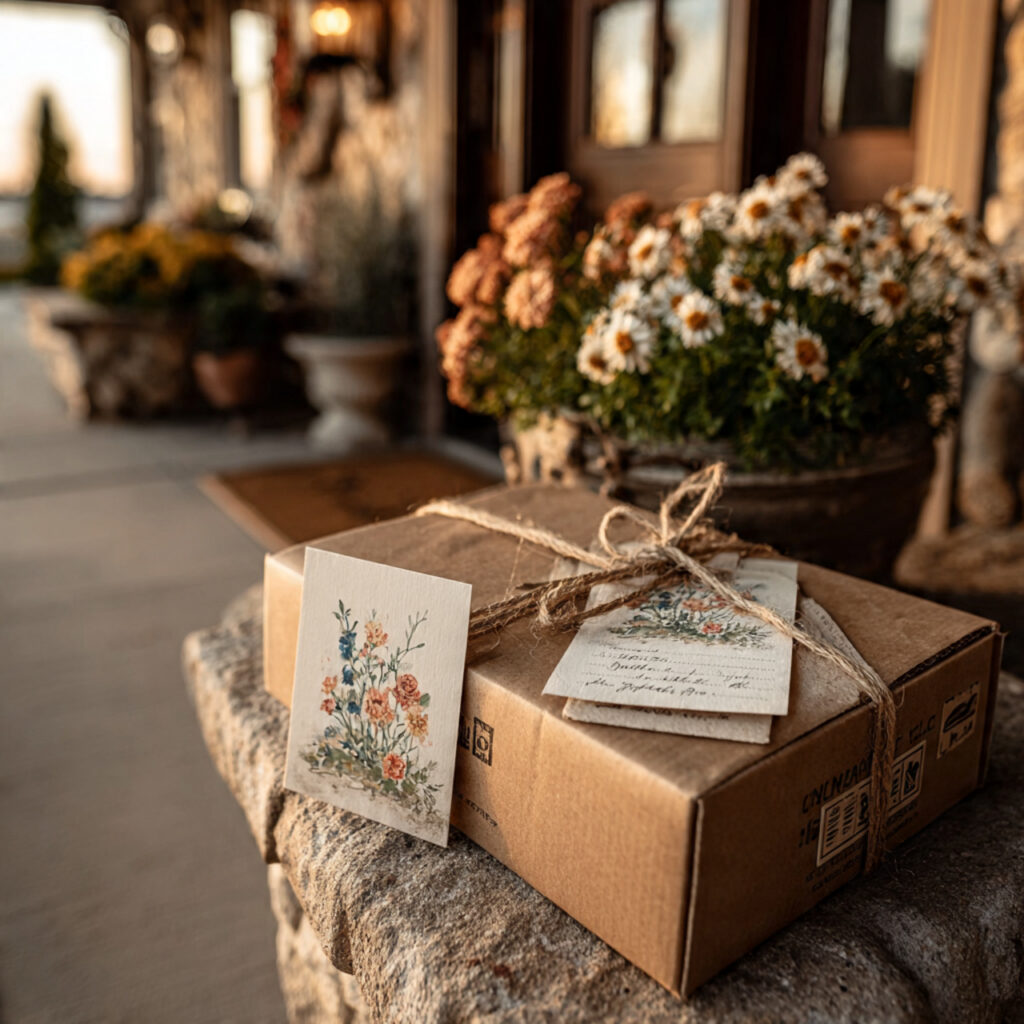
If you decline the wedding, wedding gift etiquette still encourages sending a gift if you have a close relationship with the couple. It expresses support from afar and acknowledges the importance of their day.
Avoiding Last-Minute Purchases

Rushed gifts often feel impersonal. Wedding gift etiquette recommends planning early—review the registry, coordinate with other guests, and ensure shipping timelines fit. Thoughtfulness often reveals itself through preparation.
Supporting Charity Registries

Some couples choose charity donations in place of traditional gifts. Wedding gift etiquette encourages participating within your comfort level. These choices reflect the couple’s values and allow guests to contribute to something meaningful beyond material items.
Managing Regifted Items

Regifting must be treated cautiously. Wedding gift etiquette discourages regifting unless the item is new, unused, and aligns perfectly with the couple’s tastes. Most of the time, it is safer to avoid this route entirely.
Choosing Sustainable Gifts
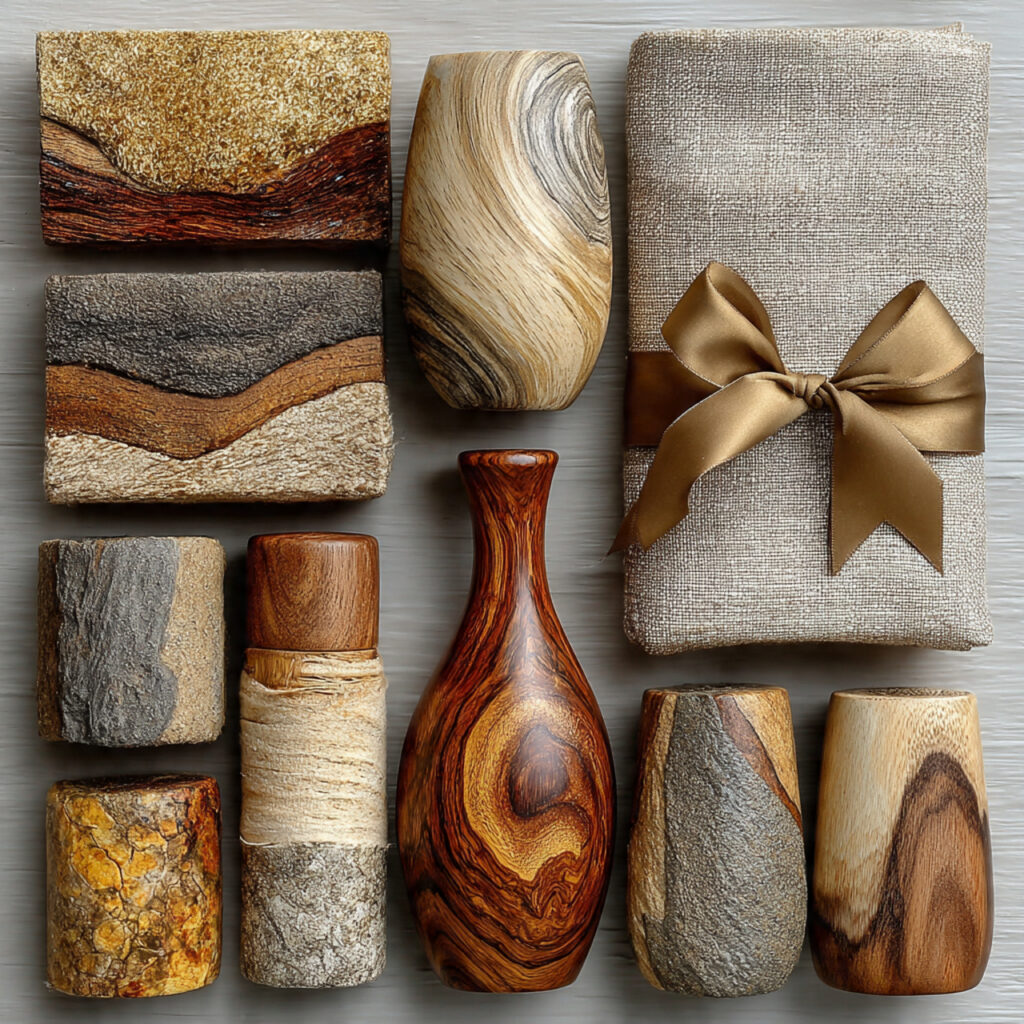
Sustainability matters. Environmentally friendly products, ethically sourced materials, and zero-waste items align well with couples living low-impact lifestyles. Wedding gift etiquette supports sustainable choices when they fit the couple’s values and daily routines.
Handling Cultural Cash Envelopes
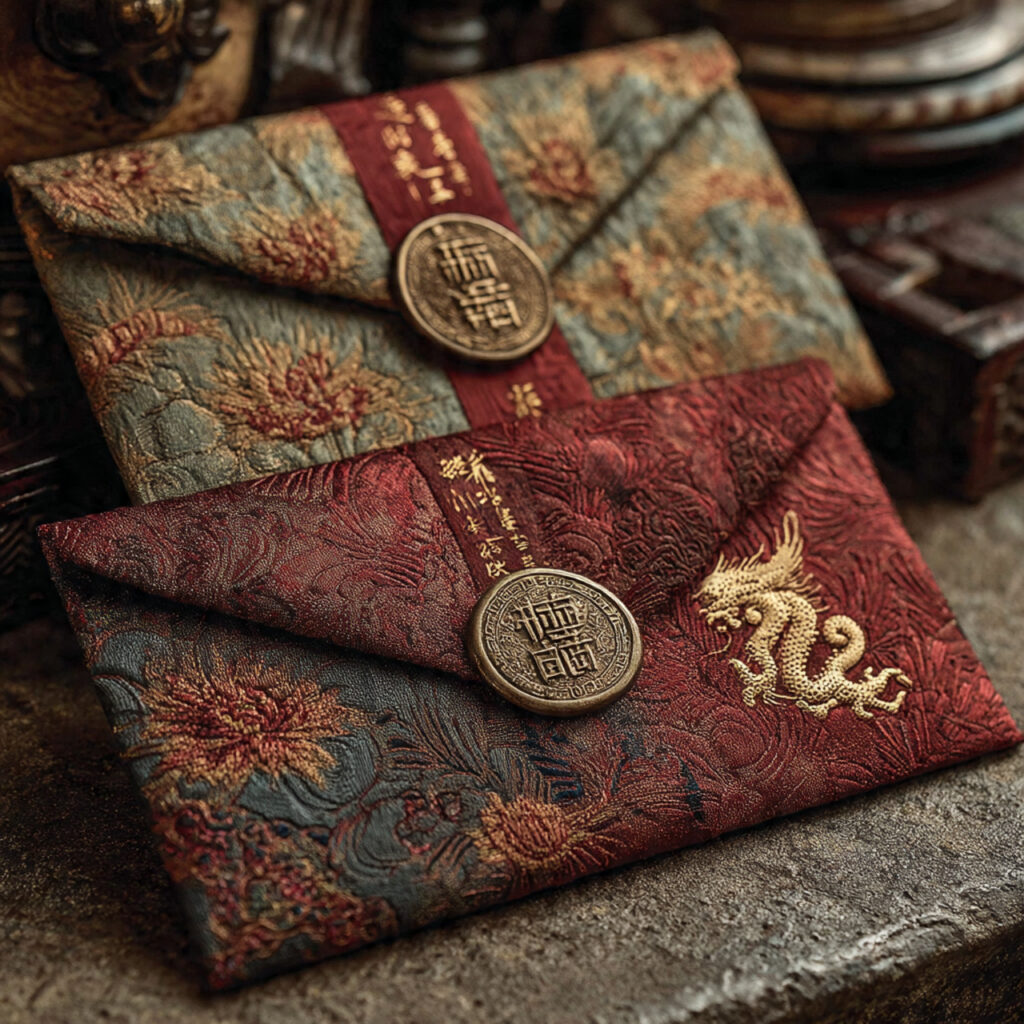
Many cultures use specific envelope colors or customs for cash gifts. Wedding gift etiquette encourages guests to research or ask discreetly about what is appropriate. Respecting these customs prevents accidental missteps.
Giving Joint Couple Gifts

When couples host together, gift something they will both use, not an item tailored to only one partner. Wedding gift etiquette favors equality and shared practicality—household upgrades, dual-personal items, or lifestyle experiences both can enjoy.
Respecting the Couple’s New Lifestyle

Many couples marry after living independently. Wedding gift etiquette adapts by encouraging gifts that upgrade existing items rather than duplicate what they already own. Think quality over quantity.
Considering Heirloom Gifts
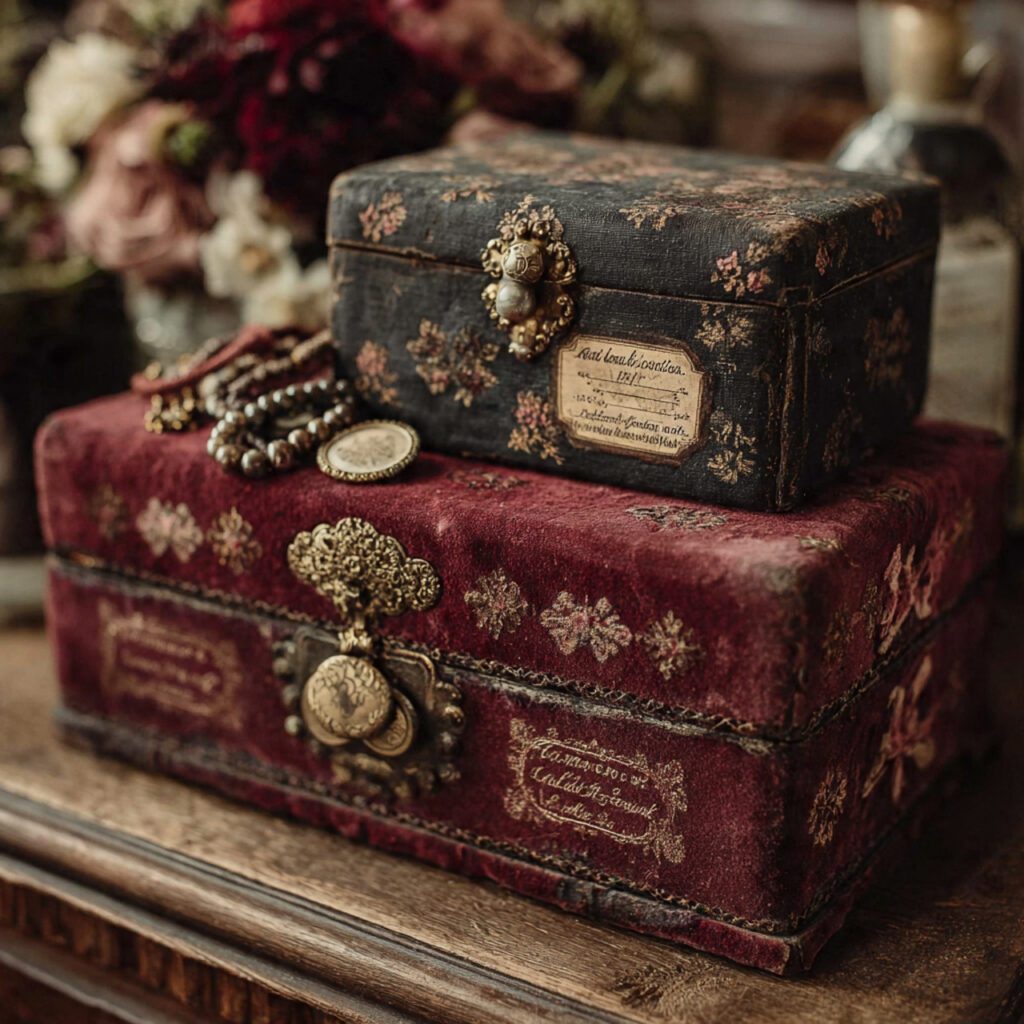
Family heirlooms carry weight. If offered, they must be given intentionally, with context and meaning. Wedding gift etiquette supports heirloom gifting only when the couple is ready to receive something that carries generational significance.
Sending Post-Wedding Gifts
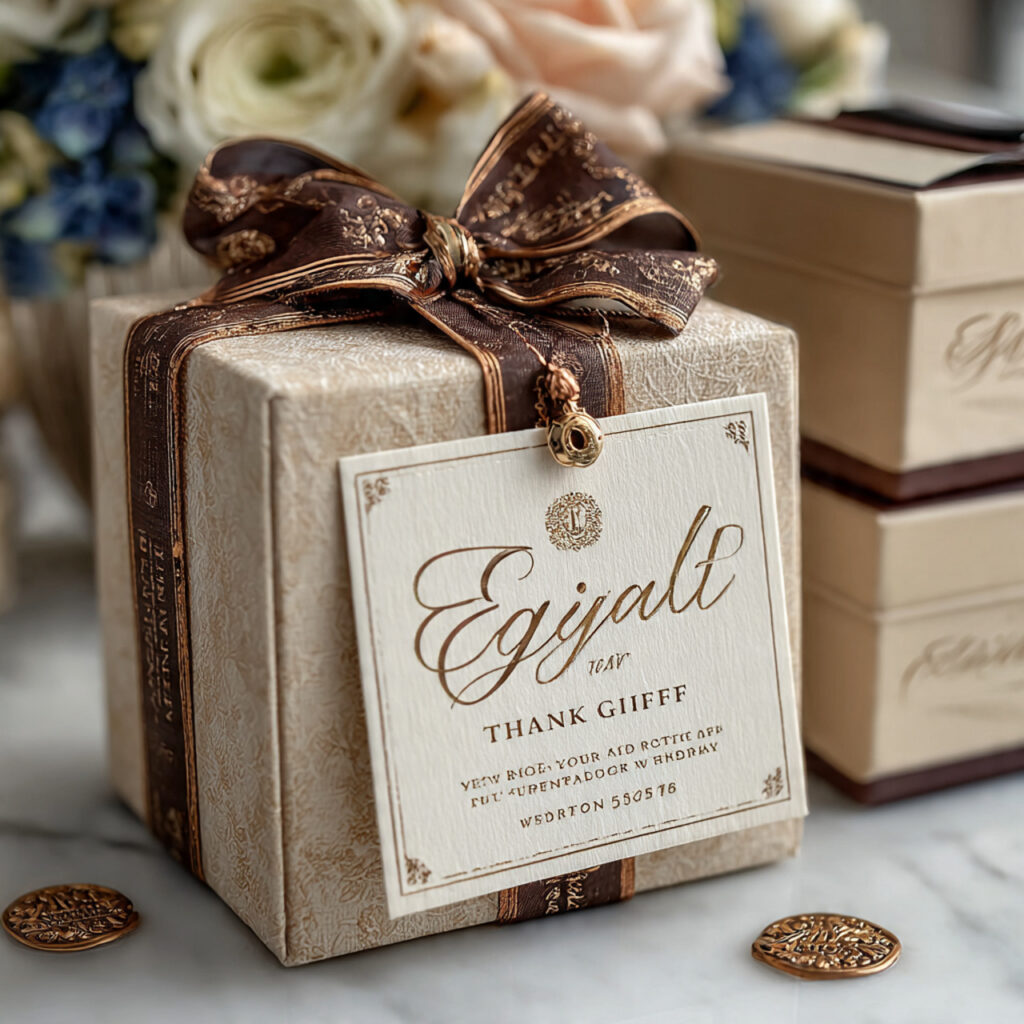
Life gets hectic. If you forget to send a gift before the wedding, wedding gift etiquette allows sending one within a reasonable time frame afterwards. A sincere note inside the card explains the delay without awkwardness.
Keeping Gifting Simple
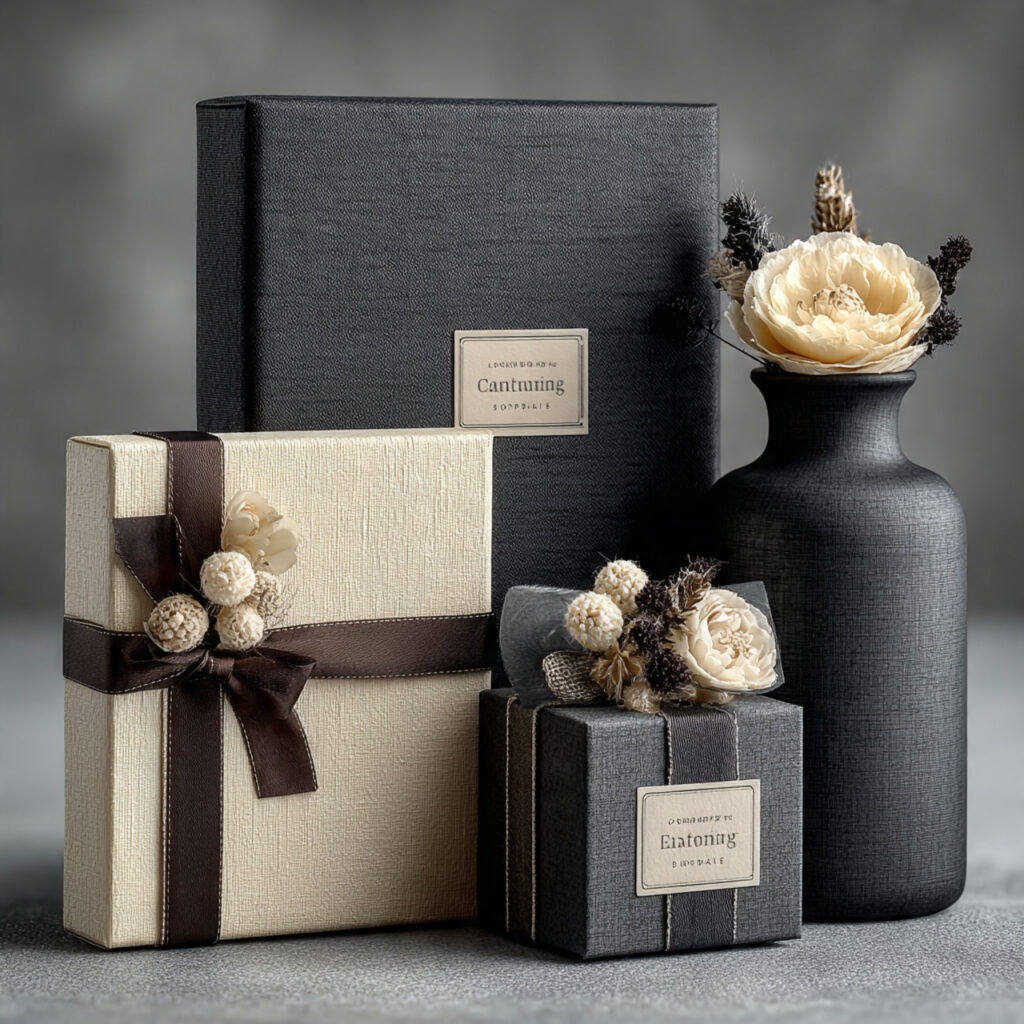
Minimalist couples prefer fewer items. Wedding gift etiquette encourages understanding their lifestyle by gifting experiences, digital subscriptions, or high-quality essentials rather than decorative pieces or novelty items.
Offering Support Services
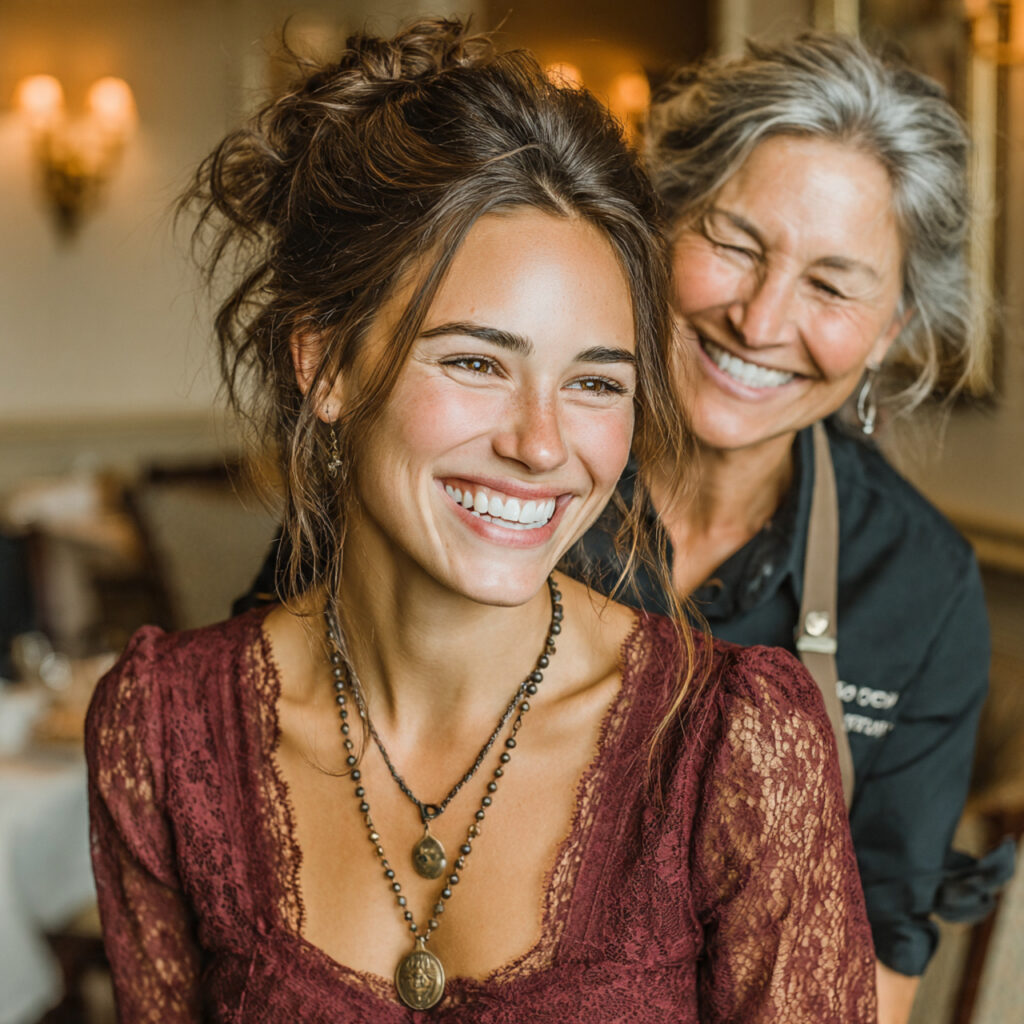
Some guests provide non-material gifts—photography help, planning support, transportation assistance, or hosting duties. Wedding gift etiquette accepts service-based offerings when the couple welcomes them, as long as they reduce stress rather than add coordination workload.
FAQs
1. Do I have to buy a gift if I already paid a lot to attend the wedding?
Not strictly. If travel costs strain your budget, a modest gift or simple card is acceptable. Most couples understand the financial weight of attending.
2. Is cash considered lazy or impersonal?
No. Cash is practical and widely encouraged. Couples appreciate the flexibility it brings, especially when starting or upgrading their home.
3. When should I send the gift if I cannot attend the event?
Ideally before the wedding, but within 60 days is acceptable. The timing is flexible as long as the gesture is sincere.
4. What if the registry is above my budget?
Choose an item within your comfort level. No couple wants guests to overspend. Group gifting is also an option for pricier items.
5. Can I give a handmade gift instead of something from the registry?
Only if the couple would value it. Handmade items should be high-quality, meaningful, and practical—not a budget shortcut.
Conclusion
Wedding gift etiquette does not exist to complicate celebrations. It exists to create clarity, kindness, and respect between guests and couples. Gifts are symbols of support, not measures of wealth or status. When you understand the couple’s needs, honour their traditions, and give within your means, your gift becomes meaningful. Keep the process simple. Focus on sincerity. The right gift is the one offered with intention, honesty, and care.



